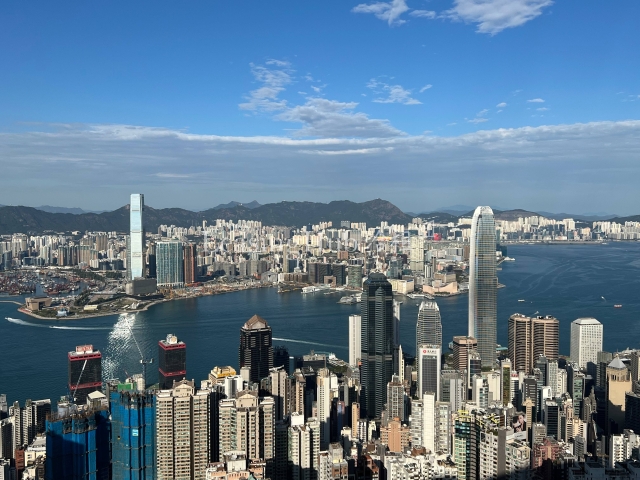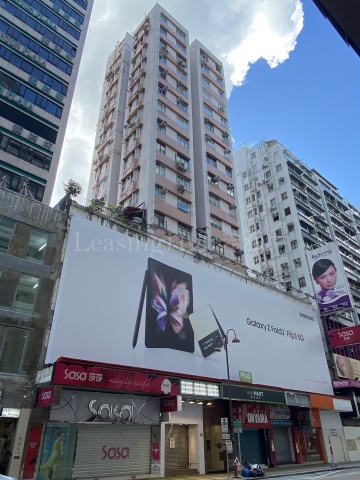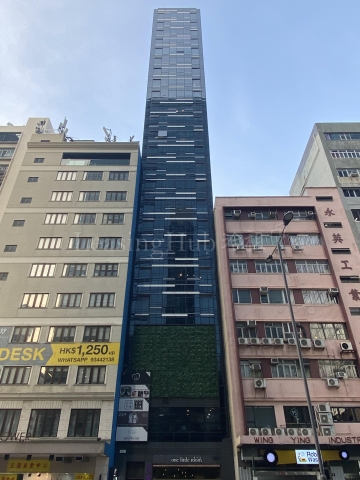Hong Kong was the world’s fourth-largest source of global property capital in the first half of the year, according to a study by a property agency. But its high interest rates and stuttering economy meant that, unlike rivals Singapore and Japan, it was not a favoured destination for international property investment.
Investors from Hong Kong spent US$6.5 billion in real estate markets across the globe in the year to June 30, accounting for 7.4 per cent of global real estate investment, the agency found. That was a big jump from the 4.2 per cent contribution they made between 2018 and 2022.
The city did not appear in the top 10 destinations for global property investment. The report did not provide figures for Hong Kong’s inbound property capital.
Singapore was the top source of capital in the first six months of the year, deploying US$21.8 billion and making up a quarter of the global total. It was also the 10th-largest destination, receiving US$2.5 billion in investment.
Japan was the fifth-largest real estate investor in the world, spending US$5.1 billion in the period. In return its property market received US$7.1 billion in investment, taking third spot.
“As compared to other markets, Hong Kong’s property market is impacted most by the high interest rate and the fact investors are constantly looking into other high-yield assets as investment opportunities,” a property agent said.
“Therefore, we can see that it’s one of the top five sources of global capital, with the cash-rich local investors finding good bargains.”
High interest rates and a sluggish economy have been hobbling Hong Kong’s property markets. The office and residential segments in particular have suffered declines in both prices and transactions.
In the second quarter of 2023, Hong Kong’s economy lost steam, recording growth of just 1.5 per cent, down from 2.9 per cent in the first three months, according to official data.
Meanwhile, the city’s base rate was raised to a 16-year high in July in lockstep with the US Federal Reserve’s interest rate hikes because of the local currency’s peg to the US dollar.
The US was the second-largest property investor, deploying US$15.8 billion in the first half, and the largest recipient of global capital, taking in US$21.9 billion.
The UK was the second-biggest investment destination, receiving US$11.2 billion, and the eighth-largest investor at about US$3 .6 billion, the agent said.
“In the first half of 2023, we have seen significant capital being deployed outside the Asia-Pacific region,” another agent said.
“Globally, the US remains ultimately the most liquid market, [attracting] meaningful capital from the Asia-Pacific region. The UK has also benefited from Asia-Pacific capital, partly driven by the fast revaluations of that market in comparison to parts of Europe and Asia-Pacific.”
“Although markets are now beyond the halfway mark in 2023, the outlook for the second half of the year remains opaque,” the study said.
“During the second quarter, there were clear signs of market activity improving relative to the five year high-low range, with North America leading the recovery. Figures for July, however, point to a downturn in activity. August figures are also expected to be low. The big question is whether this reflects the result of a summer recess in North America and Europe, prior to markets picking up in late third quarter and fourth quarter, or if it represents more fragility across markets, with further challenges to overcome,” it added.



